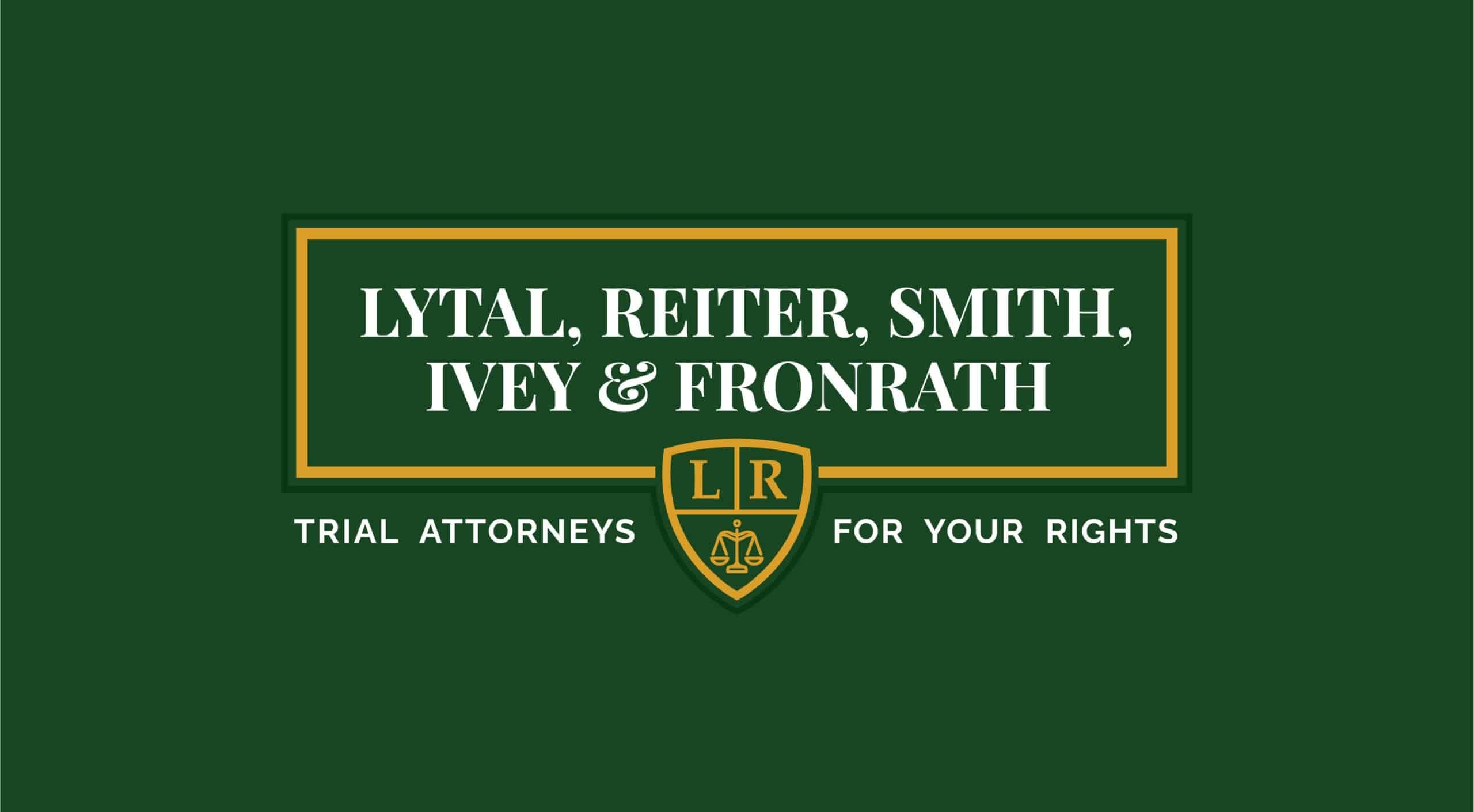The Fourth District Court of Appeal’s recent decision in Okeechobee Aerie 4137, Fraternal Order of Eagles, Inc. v. Wilde, 41 Fla. L. Weekly D1783a, 2016 WL 4132105 (Fla. 4th DCA Aug. 3, 2016) seems to answer that very question.
What Happened in Wilde?: In Wilde, the Appellee, Rodney Wilde (“Wilde”), suffered severe injuries at the hands of a drunken motorist, Leroy Felt (“Felt”). While “heavily inebriated,” Felt caused his vehicle to crash into Wilde (the “Accident”), while Wilde was operating his motorcycle. Felt, “at least partially,” was inebriated after consuming alcoholic beverages purchased from Okeechobee Aerie 4137, Fraternal Order of Eagles, Inc. (the “Eagles”). Wilde, and his wife, sued the Eagles, “alleging they were negligent and in violation of section 768.125, Florida Statutes, for serving alcohol to ‘a person habitually addicted to the use of any or all alcoholic beverages.’”
The jury found in their favor and awarded Wilde and his wife $11,000,000.
At issue on appeal? On appeal, the Eagle did not challenge the jury’s determination that Felt was known to be a habitual drunk. Rather, with regard to the DRAM Shop Act (as well as relevant arguments made pursuant to the “Responsible Vendor Act”), the Eagles contended:
- the “only cause of action here is under section 768.125, Florida Statutes” (the “DRAM Shop Act”) and, thus, “evidence of negligence is irrelevant”;
- the trial court’s admission of evidence regarding the Responsible Vendor Act was reversible error;
- the trial court’s jury instructions on Responsible Vendor Act was reversible error; and
- the trial court reversible erred in not including Felt as a Fabre Defendant on the verdict form.
The Fourth District held that there is no cause of action “under” the DRAM Shop Act; rather it’s a “protective statute”: As held by the Fourth District: “From its clear language, section 768.125 does not create a cause of action. Rather, it is a protective statute meant to eliminate a cause of action where one might otherwise exist, except in certain circumstances”—meaning, negligence is your underlying cause of action, but that action is limited, or constrained, by the requirements of section 768.125. This was explained by the Florida Supreme Court in Ellis v. N.G.N. of Tampa, Inc., 586 So. 2d 1042, 1046-49 (Fla. 1991), where, as stated by the Fourth District, the court:
- “described its prior case law expressly rejecting the claim that section 768.125 created a cause of action”; and
- simultaneously recognized that “although limited by the provisions of section 768.125, there is a cause of action against a vendor for the negligent sale of alcoholic beverages.”
Hence, the Fourth District held that the Eagles were “incorrect in their assertion that the only cause of action here was under section 768.125 and the evidence of negligence was irrelevant. The cause of action was negligence; however, it simply was negligence that was alleged to be limited by section 768.125.” (emphasis added).
The Responsible Vendor Act (the “RVA”): The Fourth District held that “the evidence of and the instructions on the RVA” were not appropriate “in the negligence action brought by the Appellees.” The Fourth District held this was so because the “RVA is a voluntary statute that imposes no duties on any vendor. Instead, the RVA serves to protect a vendor from certain administrative penalties resulting from serving an underage person or from selling or allowing the sale of illegal drugs on its premises.” See § 561.706, Fla. Stat. Hence, a vendor “may choose to comply with the RVA’s certification provisions or to not comply, and suffer no harm whatsoever because of that decision.” Since “the RVA cannot be violated,” it may not serve as evidence of a breach of standard of care. As such, the evidence and jury instructions permitted to the contrary by the trial court constituted reversible error.
Derivative Liability- Felt is not a Fabre Defendant: The Fourth District held that Felt was properly excluded from the verdict form as a Fabre Defendant because the Eagles’s liability in the action was “derivative.” Derivative liability is that which “depends upon a subsequent wrongful act or omission by another.” As held by the Fourth District, because the risk of Felt’s tortious conduct is the very risk that made the Eagles’s conduct negligent in the first place, his “foreseeable conduct therefore cannot be used to reduce the Eagles’ responsibility,” deeming the Eagles’s liability derivate in nature and precluding Felt as a Fabre Defendant on the verdict form.
The Impact of Wilde: The impact of Wilde is tantamount. For many years, practitioners have often modeled their pleadings and defenses under the supposition that section 768.125, itself, abrogated common law negligence and created a statutory cause of action. Wilde clarifies that this is not the case. Now, practitioners should frame their causes of action involving the DRAM Ship Act as negligence actions (not actions “under” section 768.125) limited by the “protective” elements of section 768.125. If a practitioner has a DRAM Shop case pending, and if his or her pleadings are not in accordance with Wilde, they should move to amend immediately to prevent any negative consequences in motion practice, during trial, or on appeal, as ones pleadings must conform to the evidence presented. See Fla. R. Civ. P. 1.190(b). It also reaffirms the maxim that the drunkard may not, as a matter of law, be listed as a Fabre Defendant on a verdict form, as the vendor’s liability is derivative in nature.
Anthony M. Stella, Esq.
Appellate & Litigation Support Attorney
Lytal, Reiter, Smith, Ivey & Fronrath LLP
515 N. Flagler Drive, Ste. 1000
West Palm Beach, FL 33401
Direct Line: (561) 820-2235
Main Line: (561) 655-1990




